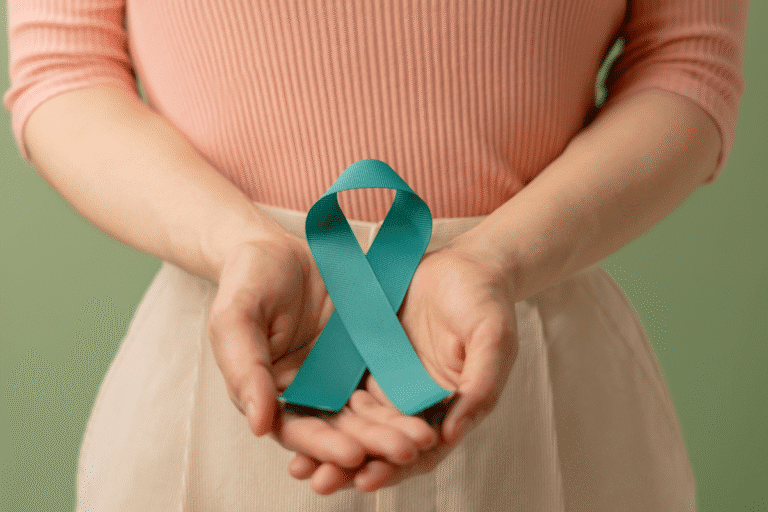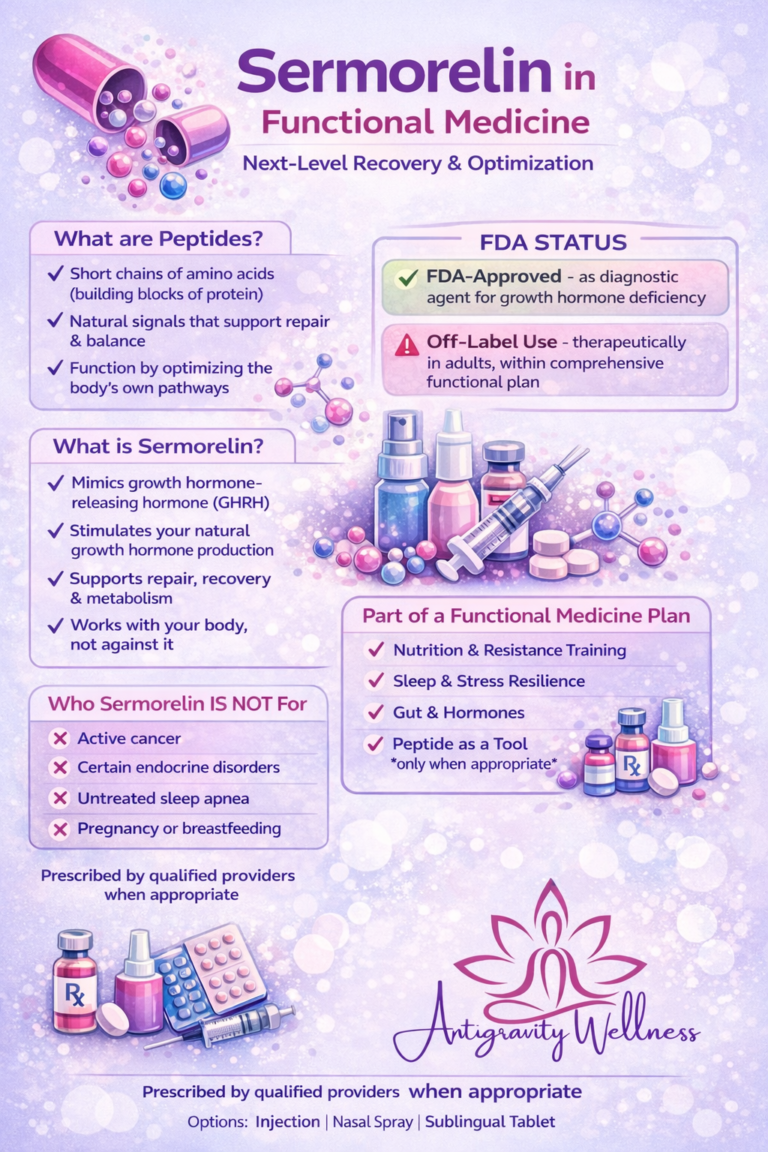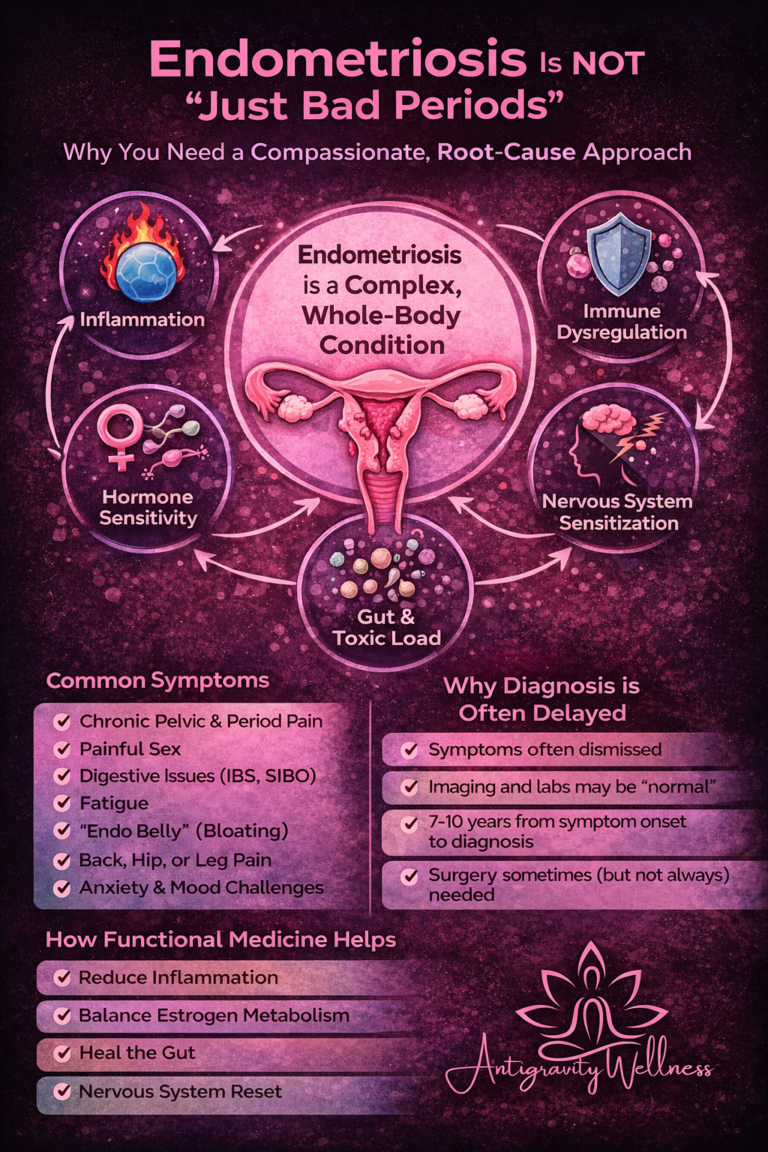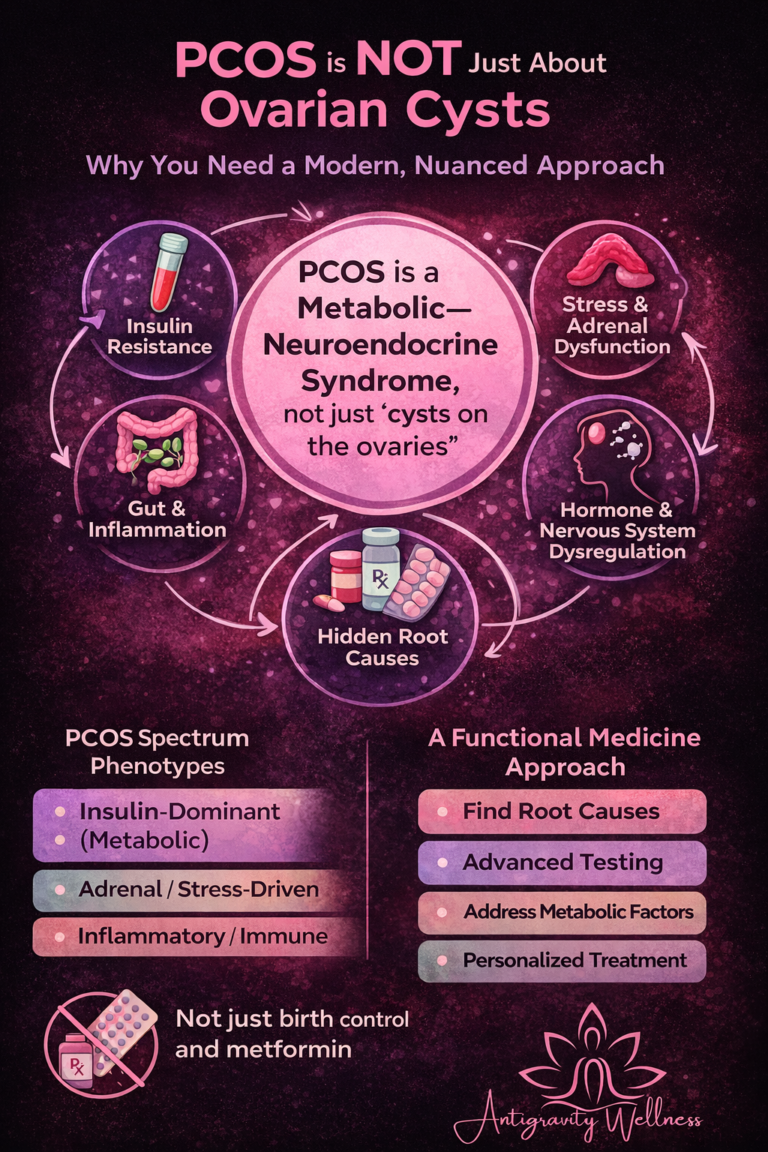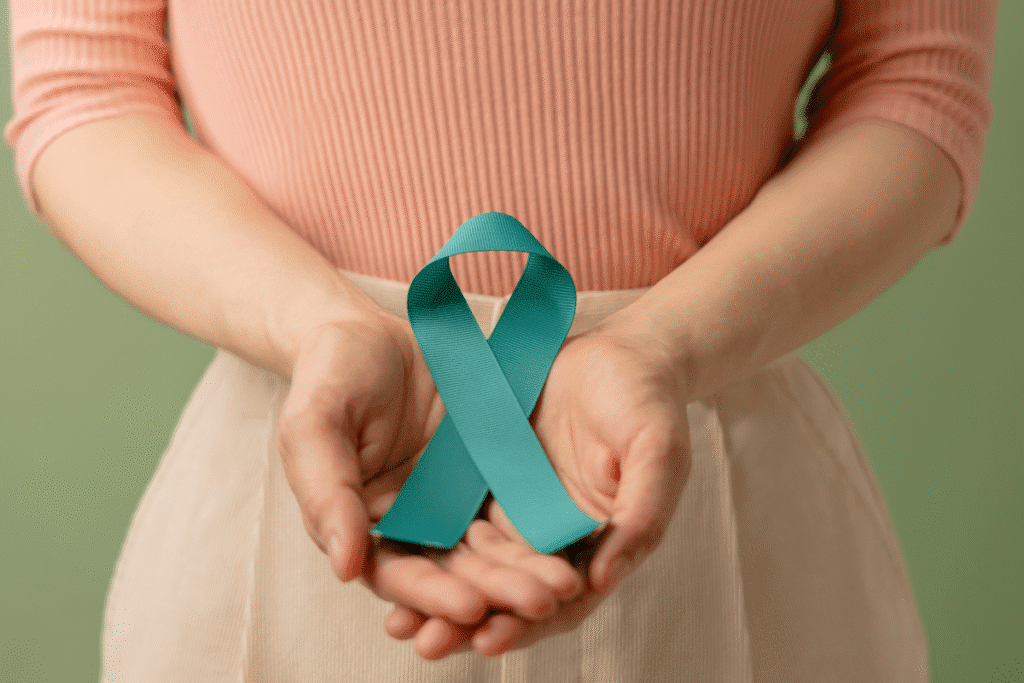
Monica, 52, chalked it up to hormones. She had been feeling bloated for weeks, but she was in perimenopause—wasn’t that normal? She’d also been a bit more tired lately, needing a nap most afternoons. Her jeans were tighter, but she hadn’t changed her eating habits. When she started needing to urinate more often and noticed a dull ache in her lower abdomen, she finally scheduled a visit with her doctor. A few weeks later, she was stunned to receive a diagnosis she never expected: ovarian cancer.
What Is Ovarian Cancer?
Ovarian cancer is a malignant tumor that begins in one or both ovaries—the organs responsible for producing eggs and female hormones. There are different types, but the most common is epithelial ovarian cancer, which originates on the surface of the ovary.
Often called the “silent killer,” ovarian cancer is notoriously difficult to detect early because the symptoms are subtle, vague, and often mistaken for normal midlife changes or gastrointestinal issues.
Despite its reputation, ovarian cancer does have early warning signs—if you know what to look for.
Why It’s Often Missed in Perimenopause and Menopause
Symptoms of ovarian cancer can easily be confused with signs of perimenopause, menopause, or common digestive issues. This overlap makes it easy to delay care—especially when women are often told to expect bloating, fatigue, or weight fluctuations as part of aging.
Key challenges include:
- Hormonal fluctuations masking symptoms like bloating, mood swings, and menstrual changes
- Weight gain in the abdomen being dismissed as hormonal or lifestyle-related
- IBS or constipation symptoms delaying appropriate referrals
- Lack of routine screening tools, unlike mammograms or Pap smears
This makes awareness of red flags and personal risk factors critically important.
Early Signs and Symptoms of Ovarian Cancer
Ovarian cancer symptoms are persistent, progressive, and often occur daily or almost daily for more than two weeks. Key signs include:
- Persistent bloating or abdominal swelling
- Pelvic or abdominal pain
- Feeling full quickly when eating or a loss of appetite
- Frequent or urgent urination
- Unexplained fatigue
- Changes in bowel habits (constipation or diarrhea)
- Unexplained weight loss or gain, particularly around the midsection
- Pain during intercourse
- Menstrual irregularities or postmenopausal bleeding
If these symptoms are new, worsening, or persistent, do not wait. Early detection can save your life.
Risk Factors for Ovarian Cancer
While any woman can develop ovarian cancer, several factors increase the risk:
- Age 50 and older (but can occur earlier)
- Family history of ovarian, breast, or colorectal cancer
- BRCA1 or BRCA2 gene mutations
- Lynch syndrome
- Never having been pregnant
- Early menarche or late menopause
- Endometriosis
- Obesity
- Hormone replacement therapy (estrogen-only) without progesterone
You are not powerless—knowing your risk empowers you to act early.
Screening and Diagnosis
There is no standardized routine screening test for ovarian cancer in average-risk women. However, if you are at higher risk or experiencing symptoms, your provider may recommend:
- Pelvic exam: to check for masses or swelling
- Transvaginal ultrasound: to visualize the ovaries and surrounding structures
- CA-125 blood test: a tumor marker that may be elevated in ovarian cancer
- CT or MRI scans for further evaluation
- Genetic testing if there’s a strong family history
At Antigravity Wellness, we take your symptoms seriously. If something feels “off,” we’ll help you investigate it thoroughly, coordinate with your OB/GYN, and advocate for the imaging and lab work you need.
Red Flags That Require Immediate Attention
Contact your healthcare provider right away if you experience:
- Daily bloating that lasts more than 2 weeks
- New or worsening pelvic or abdominal pain
- Sudden changes in appetite or weight
- Unusual vaginal bleeding, especially after menopause
- A strong family history of reproductive cancers
- A sudden increase in urgency or frequency of urination
Trust your gut—literally and figuratively. You know your body best.
Supporting Your Health While Navigating Uncertainty
Whether you’re undergoing testing, living with a diagnosis, or want to lower your risk, here’s how we support you holistically at Antigravity Wellness:
✅ Anti-Inflammatory Nutrition
- Emphasize cruciferous vegetables, berries, wild-caught fish, and green tea
- Minimize inflammatory foods: sugar, processed grains, alcohol
- Support estrogen detoxification with fiber, flaxseed, and broccoli sprouts
✅ Gut and Liver Support
- Optimize bowel regularity and liver detox pathways to support hormonal balance
- Use supplements like calcium-D-glucarate, DIM, and milk thistle with provider guidance
✅ Fitness & Movement
- Gentle strength training and daily movement support immune health and lymphatic flow
✅ Stress & Nervous System Regulation
- Prioritize restorative practices: meditation, nature walks, therapy, journaling
Functional Testing for Prevention and Personalized Support
At Antigravity Wellness, we use advanced functional testing to assess:
- Estrogen metabolism and detox pathways (DUTCH test)
- Thyroid and adrenal function
- GI MAP for inflammation and immune markers
- Nutritional deficiencies that influence hormone balance and detoxification
This data helps us create a personalized prevention or recovery plan to support your body before, during, or after a diagnosis.
Case Study: Meet Serena
Serena, 50, came to Antigravity Wellness for help managing perimenopausal symptoms. She had persistent bloating, urinary urgency, and was gaining weight around her midsection despite a clean diet.
Because her symptoms were daily and unrelenting, we referred her for a transvaginal ultrasound, which revealed a complex ovarian mass. CA-125 was elevated, and she was quickly referred to gynecologic oncology.
Fortunately, the cancer was caught early. After surgery and treatment, she returned to Antigravity Wellness for hormone recovery support, gut healing, and nervous system restoration. Today, she’s thriving—with a deeper connection to her body and a renewed sense of trust in her intuition.
Don’t Ignore the Signs. You Deserve Answers.
Ovarian cancer is often diagnosed late not because it’s invisible—but because women are taught to minimize or push through discomfort.
You don’t have to live in fear—but you do need to pay attention. Your body whispers before it screams.
At Antigravity Wellness, we help you listen to those whispers and act with confidence—before it’s too late.
Are you experiencing persistent bloating, pelvic pressure, or hormonal shifts that don’t feel quite right?
👉 Book your Brief Initial Consult now
👉 Explore our curated Fullscript Shop for hormone detox and inflammation support
Resources and References
- American Cancer Society. “Ovarian Cancer Early Detection, Diagnosis, and Staging.” 2023. https://www.cancer.org/cancer/ovarian-cancer/detection-diagnosis-staging.html
- Goff BA, et al. “Development of an ovarian cancer symptom index: possibilities for earlier detection.” Cancer. 2007;109(2):221–227. https://doi.org/10.1002/cncr.22371
- Bast RC, et al. “New insights into early detection of ovarian cancer.” Am J Obstet Gynecol. 2013;209(6):491–498. https://doi.org/10.1016/j.ajog.2013.05.043
- Daly MB, et al. “NCCN Guidelines Insights: Genetic/Familial High-Risk Assessment: Breast, Ovarian, and Pancreatic.” JNCCN. 2021;19(1):77–87. https://doi.org/10.6004/jnccn.2021.0001

